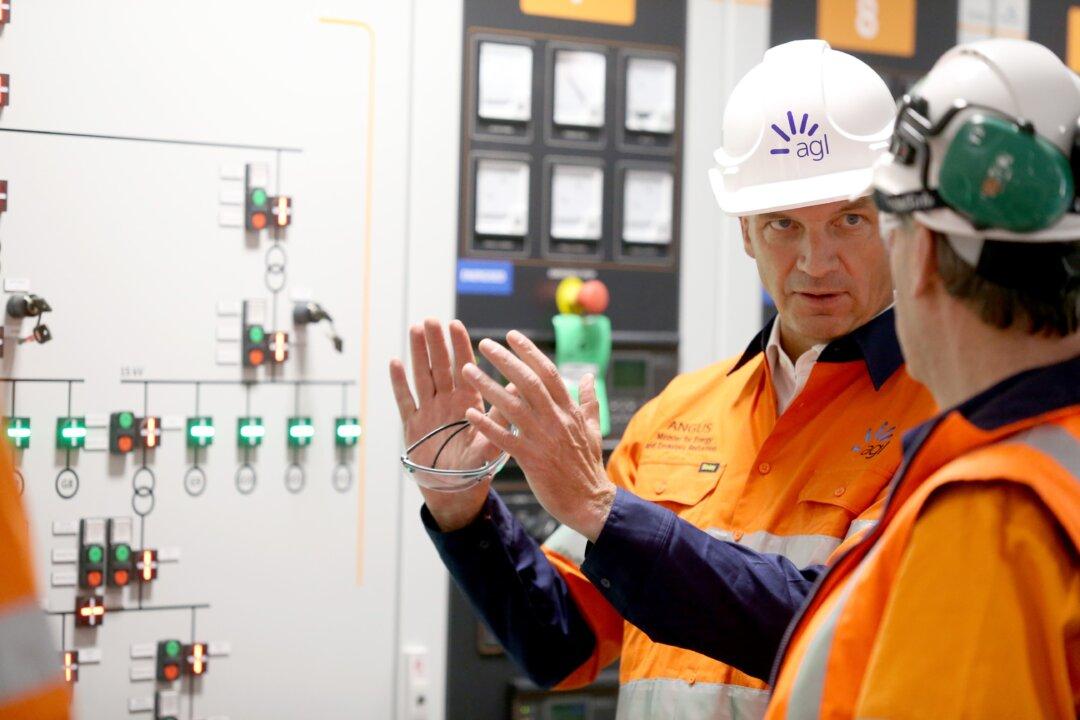The Australian mining industry is concerned that the newly proposed curriculum poses a risk to the prosperity and future success of the workforce.
The Minerals Council of Australia (MCA) is calling on the Australian Curriculum, Assessment and Reporting Authority (ACARA) to strengthen the curriculum of STEM subjects.





